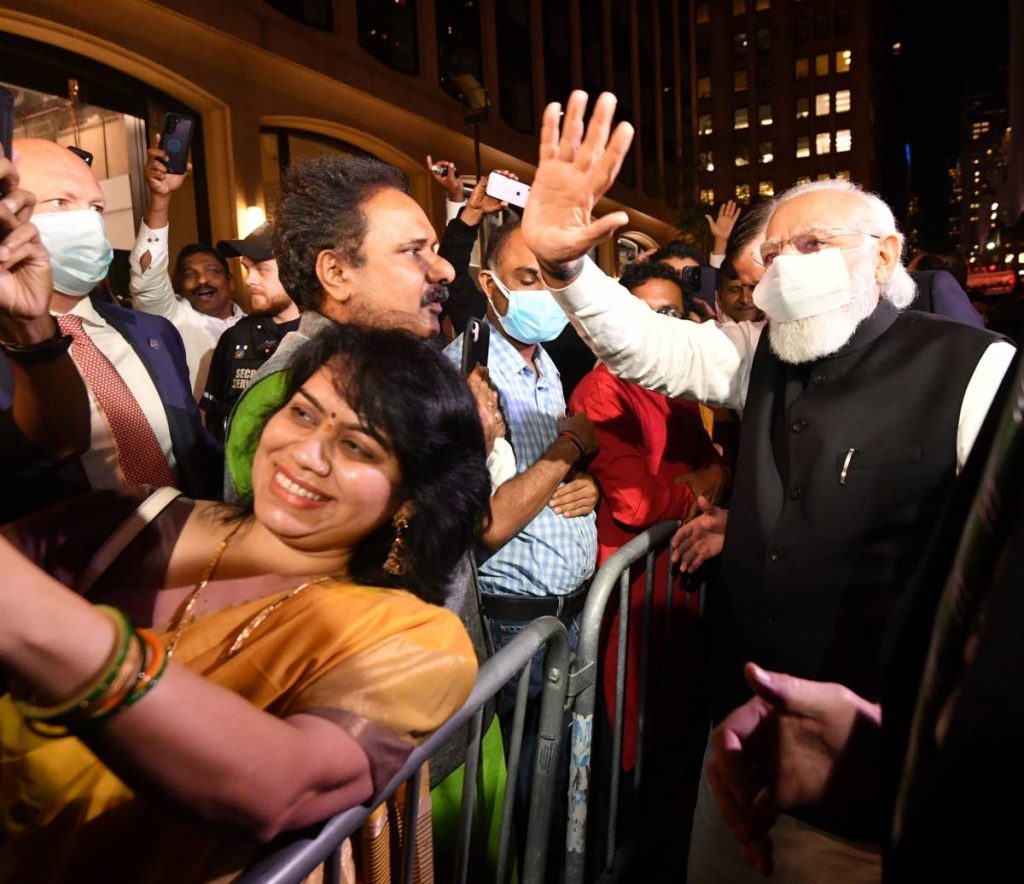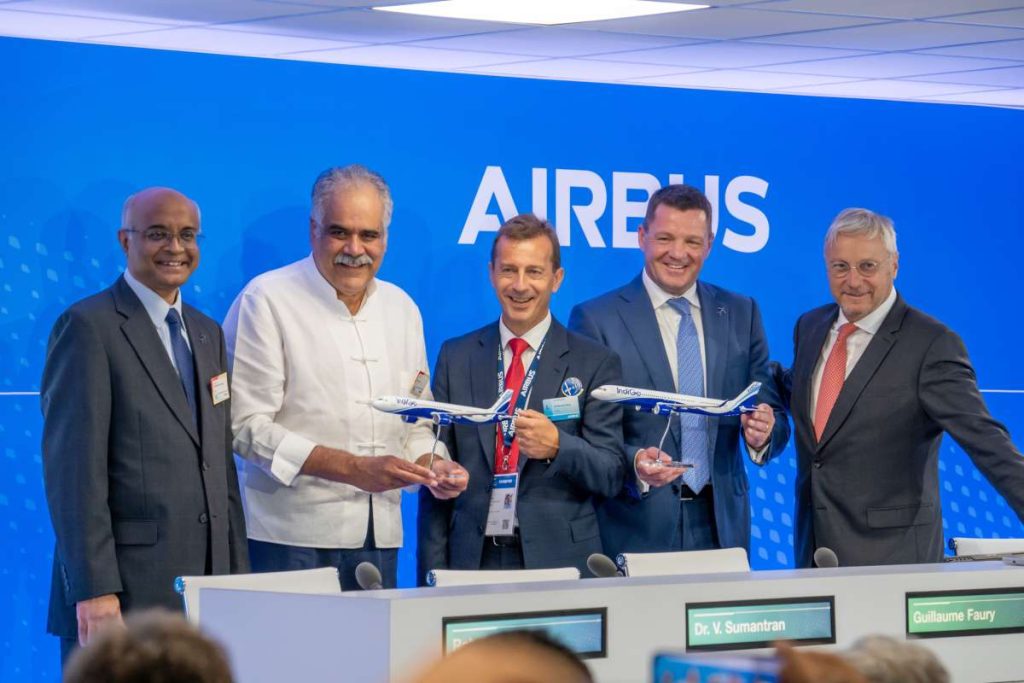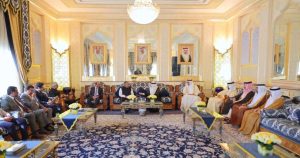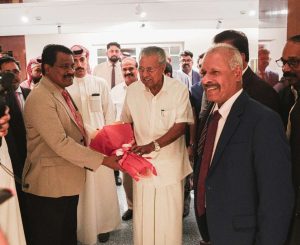Goods such as bicycles exported from India are also expected to gain under DCTS, an industry source said…reports Asian Lite News
The UK’s new Developing Countries Trading Scheme (DCTS), which replaces the earlier preferential tariff regime from Monday, will see Indian goods worth $960 million lose concessional duty access. These include leather goods, carpets, certain textiles products, iron & steel products and chemicals.
India and Indonesia have seen products go out of the preferential duty regime as they are now on the ‘Standard Preferences’ list. But with India and the UK negotiating a free trade agreement (FTA), the exclusion of some of the goods may be temporary as the government is pushing for lower duty access for textiles and leather goods under the proposed treaty. “Several labour-intensive sectors are not part of the new scheme. Many of them will be part of the FTA,” an industry source said.
Products such as Indian leather will move to UK Global Tariff whose exports are seen to be “especially competitive”. Metals from India were seen to be “not as competitive” and will move to the “DCTS standard preference rate”, which means they retain some concession.
Goods such as bicycles exported from India are also expected to gain under DCTS, an industry source said.
In all, there are 19 chapters in the tariff schedule under which goods have been subjected to the “graduation” formula from India. The exact number of goods is not readily available.
The UK government has, however, said that the products that are in a customs warehouse or in transit will be allowed UK General Scheme of Preferences (GSP) benefits. The proof of origin certificate will, however, have to be approved before June 19, it said. DCTS replaces UK GSP and has seen several changes aimed at benefiting the least developed countries and the low income and vulnerable countries among the developing nations.
The British government said that several of the preferences have been redesigned in a way that poorer countries gain and coverage of the new scheme has been worked out to ensure that almost 85% of the goods coming from these parts of the world get preferential access to the UK instead of 80% under GSP.
ALSO READ-‘Rs 2000 notes withdrawal to boost macroeconomic parameters’













